Scott AndersonPsalm 118:1-2, 19-29 † Mark 11:1-11
A video version of this sermon can be found here. We have been marching for a long time. I was a cold war baby. I remember as a young boy having it seared into my head that the Soviet Union was a ruthless, godless nation that brainwashed its people into believing crazy things that I, as a privileged child of a true and free democracy was safe from. It was a powerful message that shaped me. In fact, it took me until college to begin to realize that I just may have been played, that it was entirely possible that I too had been brainwashed—that messages of supremacy and themes of otherness and images of power had been reinforced in my life and my own culture that shaped me toward some understandings and soured me to others. I began to suspect when I got to know people who thought differently, who shaped their lives around values and priorities that authoritative voices in my own life had learned to fear or reject. I began to suspect when I traveled to places that I understood from my childhood formation had little value or interest and discovered that I learned, that I grew, that my eyes were opened.
0 Comments
Scott AndersonGenesis 9:8-17 † Psalm 25:1-10 † 1 Peter 3:18-22 † Mark 1:9-15 A video version of this sermon can be found here. Here’s a pro tip for you. When it comes to learning, repetition is less important than struggle. This is the insight of what is known as the generation effect according to David Epstein in his book Range. Struggling to generate an answer on your own, even a wrong one, enhances subsequent learning.[i] It helps learning over the long-term in at least two ways—it makes it stick and it enhances our ability to apply our learning broadly. The struggle—doing the work—is the key. Epstein explains, “for learning that is both durable (it sticks) and flexible (it can be applied broadly), fast and easy is precisely the problem.”[ii]
Scott Anderson2 Kings 2:1-12 † Psalm 50† 2 Corinthians 4:3-6 † Mark 9:2-9
A video version of this sermon can be found here. In her timeless book Pilgrim at Tinker Creek Annie Dillard recalls that when she was six or so she would take a penny—a precious penny of her own” and she would hide it for someone else to find—always along the same stretch of sidewalk up the street. If she had any regrets, about this, it was that the compulsion was short-lived. “I would cradle it at the roots of a sycamore” she writes, or in a hole left by a chipped-off piece of sidewalk. Then I would take a piece of chalk, and, starting at either end of the block, draw huge arrows leading up to the penny from both directions. After I learned to write I labeled the arrows: SURPRISE AHEAD or MONEY THIS WAY. I was greatly excited, during all this arrow-drawing, at the thought of the first lucky passer-by who would receive in this way, regardless of merit, a free gift from the universe.[i] Dillard is thinking here about seeing, about being aware of what is around us. She is making the point that “free surprises” and “unwrapped gifts” lay all about us in the world. Scott AndersonMatthew 21:1-11 † Psalm 118:1-2, 19-29
I suspect it is good for us to remember, especially on a day like today, that where we start is not where we end. It’s true of this infection curve that has become so ubiquitous to our Facebook feeds and news casts; it’s true of the limitations we are being asked to put on our movements and interactions; and it is true of this story of a parade and the tightly-packed cheering, chanting, dizzy crowd that may cause you to squirm as much as it does me, alert and militant in our commitment to social distancing and to the prevention of spreading this infection to our neighbors and loved ones. But here we are at the beginning of a Holy Week that is going to get even more crowded and super-heated than it already is here among the palms and coats and shouts, before we find ourselves just a week from now amidst the quiet of dawn and a garden and a tomb that is empty of even its one quarantined resident. Maggie BreenIsaiah 58:1–12 † Psalm 51:1-17 † 2 Corinthians 5:20b—6:10 † Matthew 6:1-6, 16-21 Does God think we’re her keeper? It’s a bold question. I watched her go uncelebrated into the second grade, A greenless child, Gray among the orange and yellow, Attached too much to corners and to other people's sunshine. She colors the rainbow brown And leaves balloons unopened in their packages. Oh, who will touch this greenless child? Who will plant alleluias in her heart And send her dancing into all the colors of God? Or will she be left like an unwrapped package on the kitchen table -- Too dull for anyone to take the trouble? Does God think we're her keeper?
Scott AndersonExodus 24:12-18 † Psalm 2 † 2 Peter 1:16-21 † Matthew 17:1-9 When you are out in the wilderness and you see a big cloud coming, you start to look for shelter. You don’t need to be an expert hiker to know this. You feel it first. This is especially true when you are up high and exposed. Conditions can change in an instant, and if you are not prepared, you can find yourself in danger far more quickly than you would imagine down here near sea level, among the trees. And yet, many of us—especially in this region—are drawn to the mountains and the wilderness and the unknown, despite the inherent dangers. We are looking for something, it seems, that we do not regularly encounter. We are seeking something that cannot be readily obtained in the ordinariness of our day-to-day lives here in the lowlands. “I’m drawn to places,” writes Eric Weiner, “that beguile and inspire, sedate and stir, places where, for a few blissful moments I loosen my death grip on life, and can breathe again.”[i] Heaven and earth, the Celtic saying goes, are only three feet apart. Yet these ancient seekers knew that in some places—they called them “thin places”—the distance is even shorter. There is something about these places. You feel it when you’re there. And they are everywhere. Like up near Lake Tipsoo on the edge of Rainier National Park and the mountain the early settlers of this land knew as Tahoma.
Scott AndersonOn average, Death Valley gets two inches of rain a year. Two inches. There are two major mountain ranges—the Panamint Range, pictured here, and the Sierra Nevadas beyond them to the West that trap weather systems that would otherwise drop precipitation from the Pacific, making it one of the driest places on earth. Yet it is fair to say that Death Valley, one of the driest places on earth, has been shaped by water. Well, water and tectonics.
Scott AndersonGenesis 15:1-12, 17-18 † Psalm 27 † Philippians 3:17-4.1 † Luke 13:31-35
This is one of those really awesome texts that fits well in the Dangerous Book for Boys, Daring Book for Girls[i] genre of children’s books that argue it is good to go close to the edge and, sometimes even leap over it, that understands you need to get dirty sometimes and maybe even risk a few cuts and bruises to really know something, that recognizes that an overly sanitized, protected, secured life may not actually get us anywhere worth getting. I think of Molly and Megan McAdams who were delighted that the 2014 film “Into the Woods” included the part of the Brothers Grimm fairy tale Cinderella in which the evil step-sister cuts her toe off in her desperation to fit into that golden slipper. They showed it in that film rather than scrub it out like Disney’s writers had done for their previous versions of the fable. There’s something about the grit of life, the close experience of it, the finding our way through that has everything to do not only with our faith and life and well-being, our resilience and joy, but with our encounter with a God who tends to traffic in these places as well. In a way, this is the call of Lent. To get a little dirty. Scott AndersonDeuteronomy 26:1-11 † Psalm 91:1-2, 9-16 † Romans 10:8b-13 † Luke 4:1-13
Possession is nine-tenths of the law. No doubt you’ve heard this adage that suggests that if you possess something, you have a stronger legal claim to owning it than someone who merely says they own it. The doctrine allowed Floyd Hatfield to retain possession of the pig that the McCoys claimed was their property, although we can imagine it didn’t make their lives better or help to de-escalate the historic dispute between the Hatfields and McCoys. The old saw has underlined feuds on too many school playgrounds to count. It has destroyed countless friendships. It has been front and center in disputes in U.S. history with tragic results for many of the early dwellers of these lands. It has contributed to the fire between Palestinians and Israelis, and all of their proxies, and in too many stories to tell on every continent throughout every age. The question of ownership and land is arguably at the root of every conflict, all human violence, and the climate change peril that our planet and its inhabitants are facing. So it may interest us to note that this is something of a theme in the telling of our scriptures today. Julie Kae SigarsIs this home?
One of my students is singing “Home” from Beauty and the Beast. She has trouble getting through the song. She, along with a couple other of my students, are having “home issues:” roommates, not feeling safe, secure, not sure where they should or could be…all while trying to figure out WHO they should or could be… Life is complicated. And many times, we hope that we are created for more than simply getting by… Here we are….again. Ash Wednesday. Didn’t we resolve last year, and the year before, and the year before….to give it another go? Do the right thing? Be the right thing? |
St. Andrew SermonsCategories
All
|
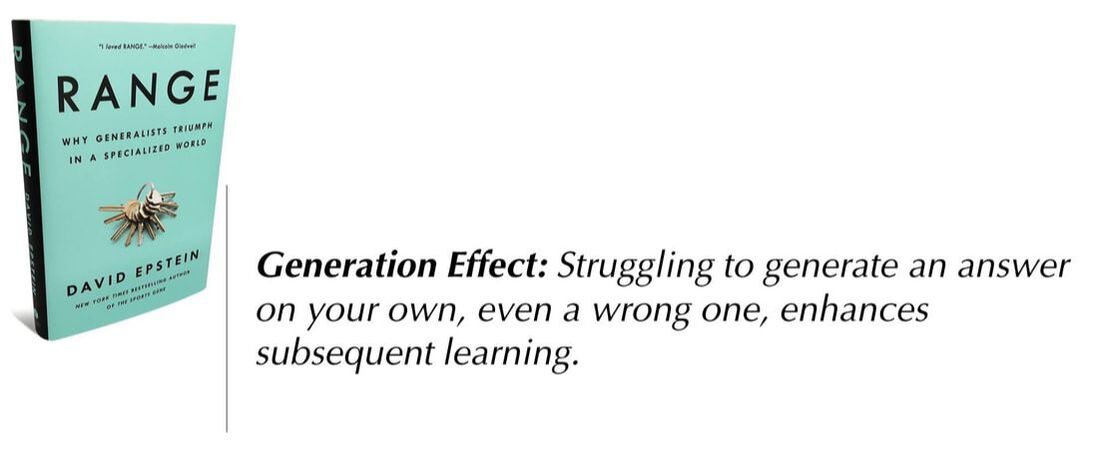
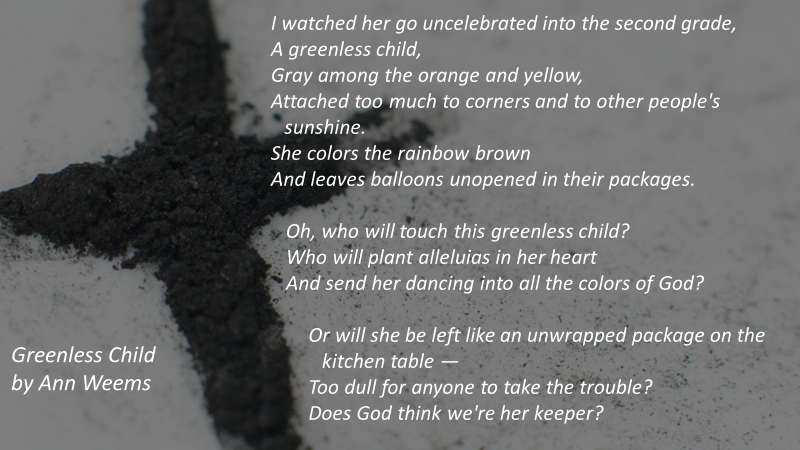
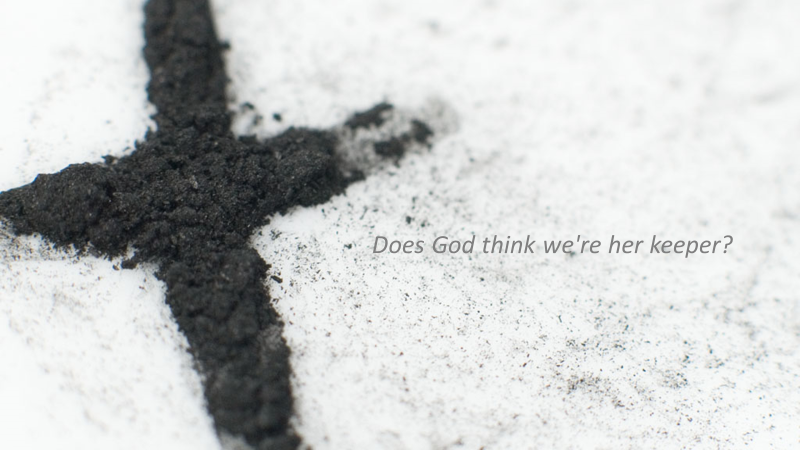
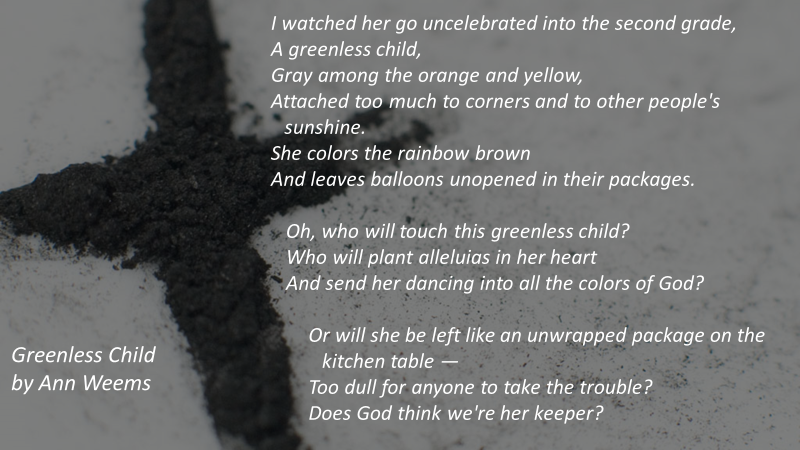
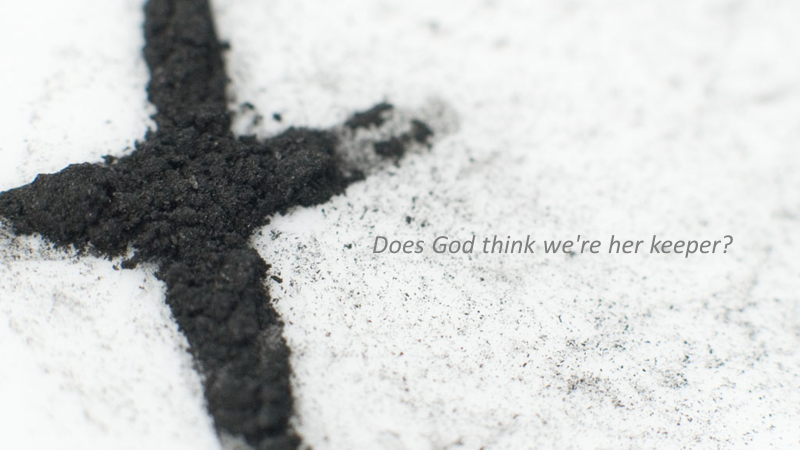
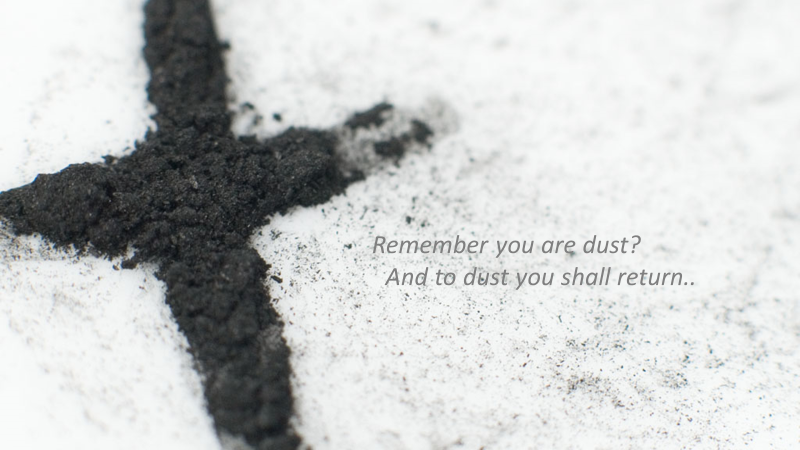
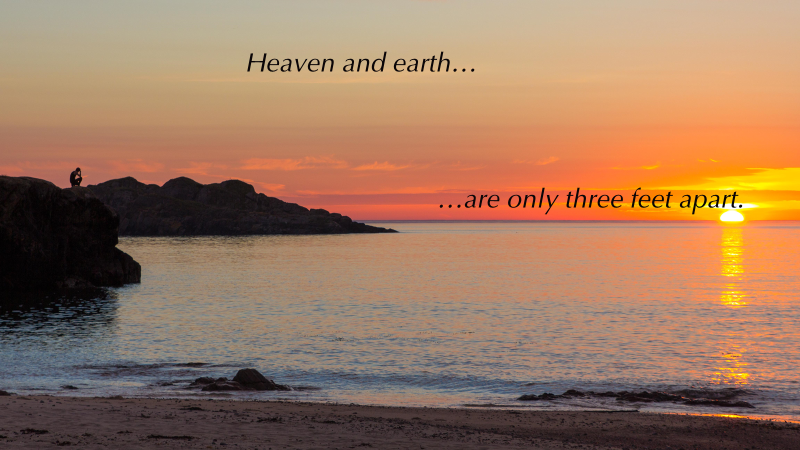
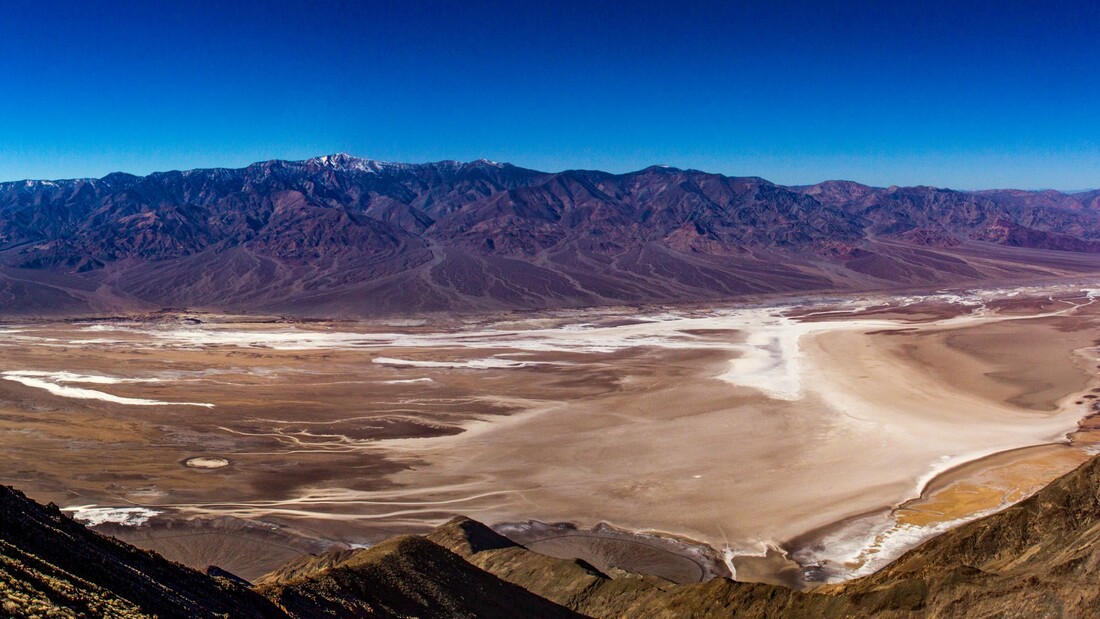
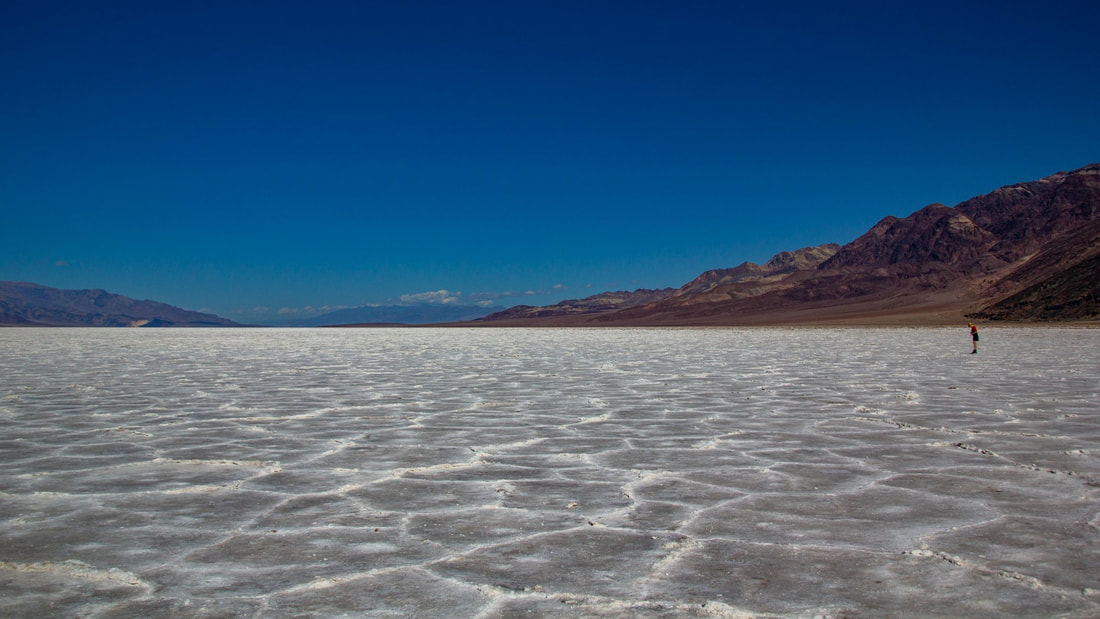
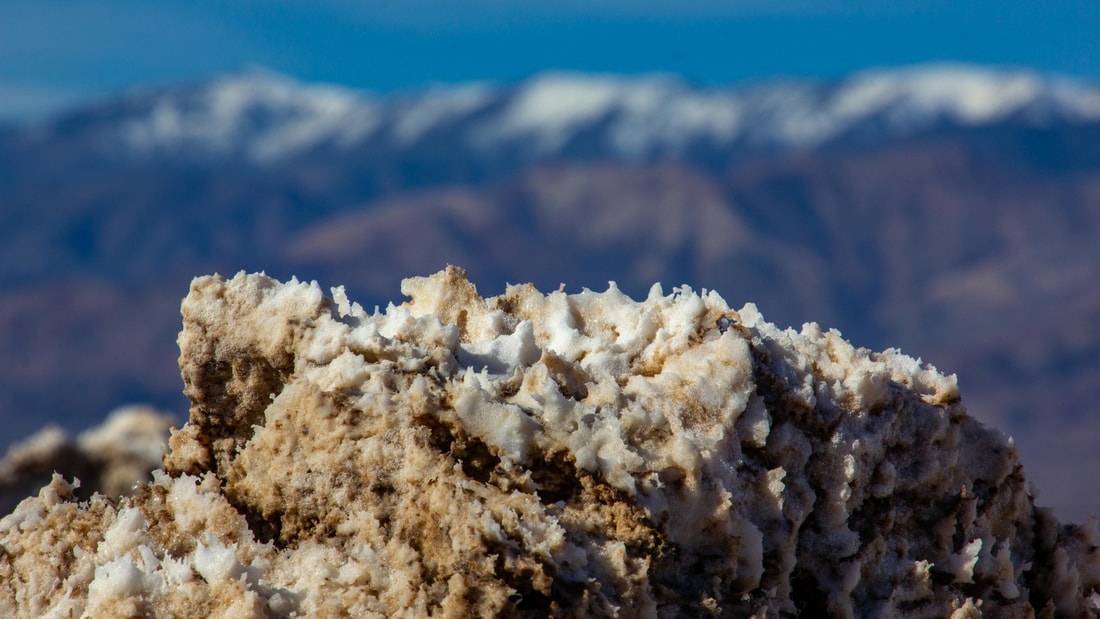
 RSS Feed
RSS Feed